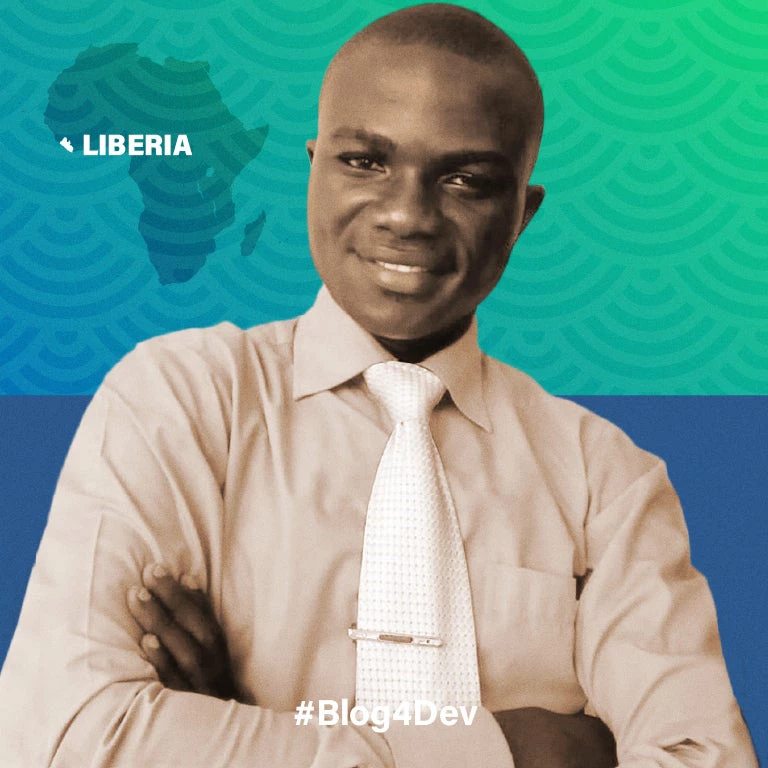 Increasing education, training for girls can end child marriage in Liberia
Increasing education, training for girls can end child marriage in Liberia
In Liberia, the issue of ending child marriage is something that will take time to be taken care of. Families lost all what they had as the result of 14 years of civil war. Presently, the country has a broken economy. Families find it difficult in getting their daily meal for their children.
Most young girls of school-going age are petty traders, selling small goods to help support their families. A study conducted by my team at BIRD-Liberia shows that most young girls who are poor and live in slums, are petty traders. By selling around in the streets of the capital city of Monrovia, these young girls are vulnerable, and easily exposed to prostitution. With no support, some drop out of school and get into relationships with older men as well.
Child marriage is alarming and is mostly practiced by tribal groups. However, it is taking the stage in Liberia. Maternity records from the two referring hospitals, Redemption Hospital and John F. Kennedy Hospital, show that teenage girls, married at a young age, are on the rise, especially among those girls who are not in school.
On the setting of our local government, there has been no adequate effort in catering to the needs of young people, lest to talk about girls. In keeping with my team assessment of the Ministry of Education, there is only one public school in the Gardnersville Township, a suburb of the capital city Monrovia. It cannot accommodate all school age children, and there is no transportation assistance for students who live far away from the school. Additionally, there is no school feeding program or free books for students. Most young girls who are from poor backgrounds and live a distance from the school are unable to attend classes under these circumstances.
Hence, for Liberia to reduce child marriage, I think it will take at least 12 years. In that time, we will need international support to help empower girls. The reason is that the government is not making adequate efforts to tackle the issues of girl’s education. The government should provide an environment for girls to learn skills and networking, enhance their access to higher education, and it should provide education for parents and community members. The government needs to provide both a quality education and encourage supportive laws and policies for girls, as inscribed in the International Center for Research on Women (ICRW) report.
To end child marriage in Liberia, it also requires creating the environment that will help families cater to their children, not allowing them to sell or get in a relationship to help support the family. There is a NEED to create free skills training programs for girls, create opportunities through schooling, and provide support to underprivileged families that cater to girls. They can introduce a “Family Learning Center” in every district, for example, and in major communities where girls will gain education or training.
We can achieve these for the betterment of Liberia. Once girls and families are able to manage their daily living and family investments increase, Liberia will start to reduce child marriage, a step that will lead to its end.


Join the Conversation